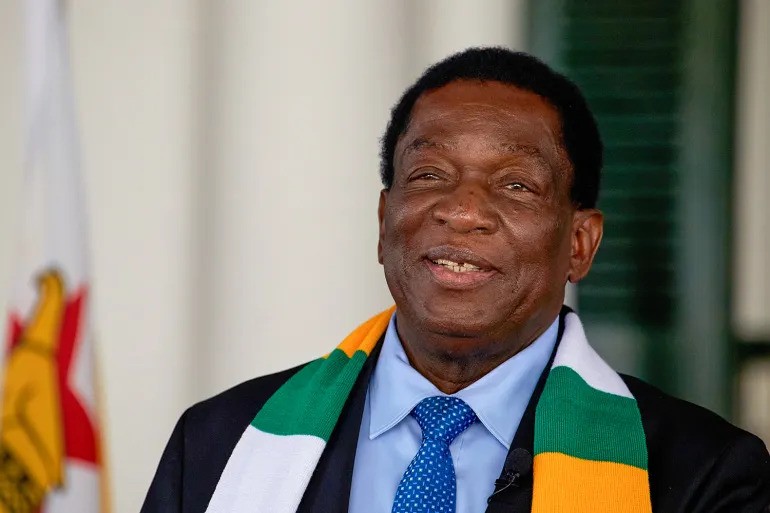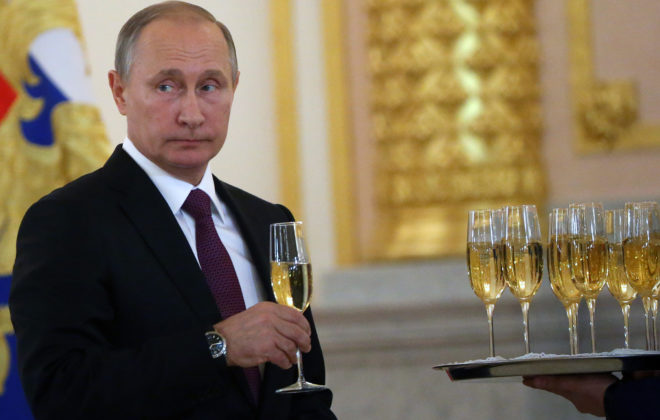PRESIDENT Robert Mugabe’s regime covertly used the deadly military intelligence to thwart former Vice President Joice Mujuru’s presidential ambitions before her unceremonious expulsion from Zanu PF and government, a report has revealed.
Mujuru, together with over 100 key allies, was expelled in 2014. She was accused of plotting to unseat and even assassinate Mugabe as well as extorting companies and engaging in corruption.
The allegations were, however, never tested in a court of law.
According to a paper titled State Intelligence and the Politics of Zimbabwe’s Presidential Succession, published by Oxford University Press on behalf of Royal African Society, Mugabe embarked on a covert operation to spy on his deputy in an attempt to scuttle her succession plans.
The paper puts the role of the Central Intelligence Organisation (CIO) and the military intelligence (MI) in Zanu PF’s succession politics under scrutiny, indicating they were active and antagonistic participants in the succession power struggle.
It said that CIO and MI were reportedly divided, with the former having strong links with Mujuru while the latter threw spanners in her works.
Mugabe also unleashed his wife Grace to carry out a stinging attack on the axed vice-president in the run up to the 2014 Zanu PF congress after being persuaded by MI reports, it says.
“Mugabe was persuaded by MI to expunge the Mujuru faction because it posed a greater threat to his hold on power than the Mnangagwa group.
Before Mugabe’s crackdown, the Mujuru faction controlled all the influential posts in Zanu PF, such as the deputy presidency, secretary-general, national chairman, commissariat, party spokesperson, and the youth league leadership,” reads the report.
“The Mujuru faction also dominated the cabinet and had made substantial headway towards controlling part of the intelligence sector … Crucially, the Mujuru faction directed nine out of a possible 10 Zanu PF provincial leaderships, which elected national party leaders.
“Therefore, if Mugabe had not expunged the Mujuru faction from provincial leadership positions before the December 2014 elective congress, and had Mujuru challenged him for the presidency at the party assembly, Mugabe would have faced certain defeat and an ignominious exit from power.”
In addition to the pivotal role MI played in Mugabe’s campaign to purge the Mujuru group in 2014, the President was further motivated by the fact that he held her late husband, retired General Solomon Mujuru, responsible for his loss in the March 2008 poll.
Mujuru died in a suspicious fire at his farm in Beatrice in 2011.
His death resulted in his widow taking the reins in charge of the faction. Although she managed to consolidate her position by controlling most organs of Zanu PF, she was viciously attacked and expelled following Grace’s vilification campaign.
The journal says that prior to Mujuru’s expulsion, there were serious differences between the CIO, which supported the vice-president, and the MI which backed Mnangagwa. “
“The article argues that under a façade of inflexible loyalty to Mugabe, a section of the MI leadership, which backed Mnangagwa in the succession infighting, placed Mujuru under surveillance and assembled a controversial, gendered case to curtail her ambition to become president,” reads the journal.
“In opposition to the military intelligence, some actors in the leadership of the primary intelligence institution, the CIO, which is manned by civilians, compiled dossiers against the Mnangagwa faction so as to bolster Mujuru’s quest to succeed Mugabe. “The CIO and military intelligence leaderships presented their separate and contrasting politicised intelligence to Mugabe, each with the intention of influencing him to act against the faction they opposed. However, neither group was homogeneous in its views.”
As part of surveillance on Mujuru, MI used “‘invisible’ or seemingly ‘non-existent’ high-tech surveillance, taking the form of electronic bugs, hidden cameras, phone monitoring technology, voice cloning software, and drone cameras”.
Mugabe, according to the journal, was however convinced that Mujuru posed more of a threat to him and thus chose to follow intelligence reports compiled by the MI. — ZimInd






